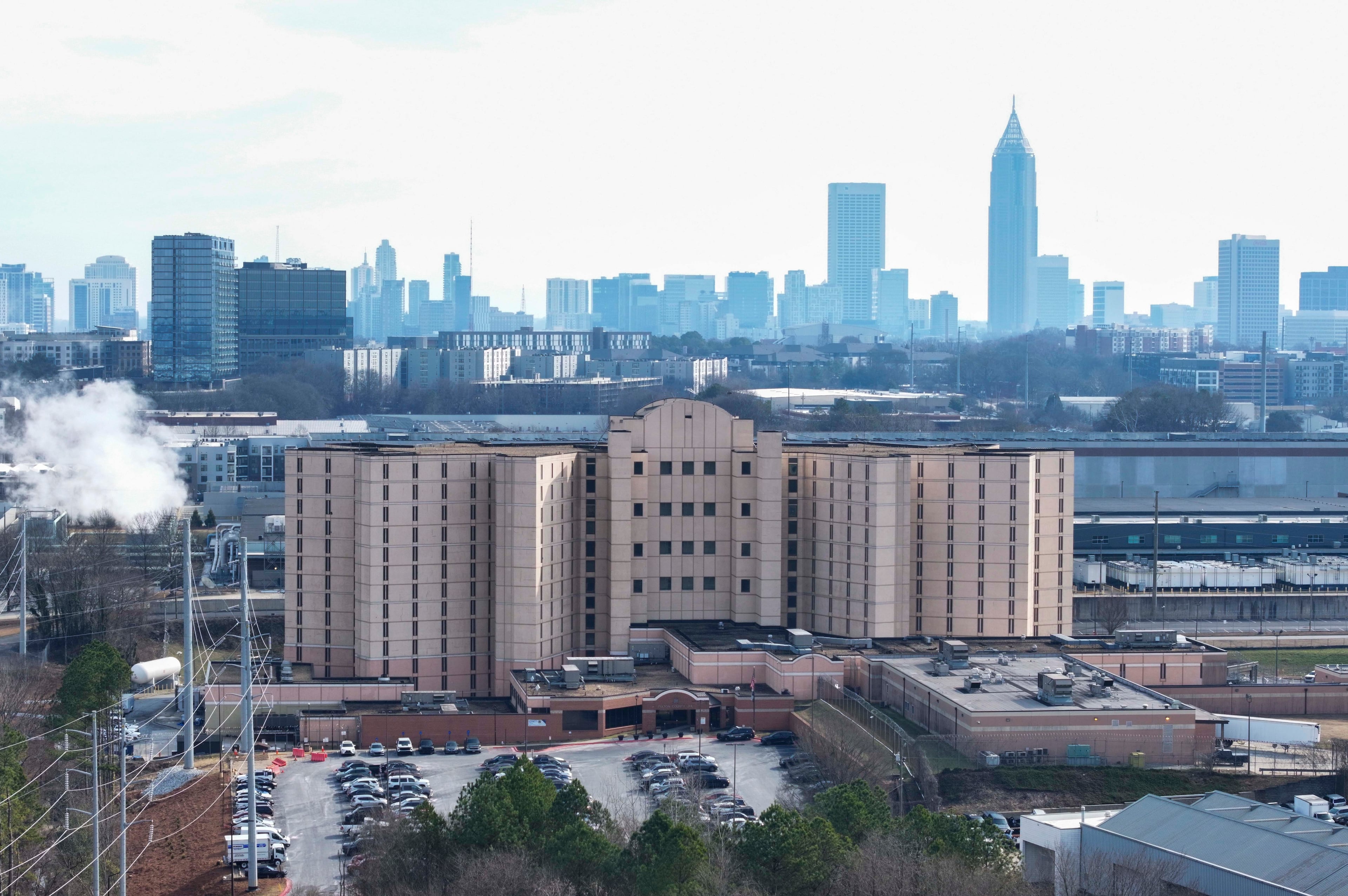Criminal justice reform transcends party

Our country, like any entity, is a tapestry woven from both triumphs and failures, marked by periods of greatness and shadows of injustice. Has America ever been great? Without question, notwithstanding the cruel history of racism. But it’s our time to abandon the belief that political leanings tell you everything you need to know about someone. This tension is hindering our ability to unite as a collective force and address the pressing issues we face, particularly the need for reform in our criminal justice system.
Second Chance Month is more than about adjusting our legal framework. It’s a profound statement about who we value as a society and how we manifest that value through action. It’s a call to action that resonates deeply, stirring the soul of those who envision a brighter future, one defined not by our past missteps but by our potential for growth and redemption.
The criminal justice system might as well be Mars to those who have not experienced it. The farther you are from a problem, the simpler it looks. I have experienced both: incarceration and freedom. I was charged with armed robbery, aggravated assault and burglary and pled out to a sentence of 10 years, serve two, in 2006. Yet, today I serve as a prosecutor in Fulton County, thanks to the Fulton County Solicitor General, Keith E. Gammage — a black male Democrat — who, through restorative justice, made me what I believe to be the first prosecutor in American history with this unique experience.

By 2012, I embarked on a college journey that led to a bachelor’s degree and no further arrests. South Carolina Attorney General, Alan Wilson — a white, male Republican — gave me my initial break. When I shared my story of incarceration and pursuit of education, he said, “James, you had me at convicted felon.” My subsequent internship on Capitol Hill as a law clerk for U.S. Sen. James Lankford opened new doors as well. I walked the hallowed halls of Congress, forming relationships that would astonish many, given my journey from the housing projects to the penitentiary to a position of influence.
This journey, though personal, underscores a universal truth: Our destinies are often forged by the champions who believe in us when we struggle to believe in ourselves. Former Georgia Gov. Nathan Deal made criminal justice reform a priority. When complaints arose that it was not a Republican issue, Deal said, “No, it might not be. But it ought to be. And it’s the right thing to do.”
It’s an American issue that we must navigate, not solely through incarceration but also through rehabilitation and integration. They are key because most incarcerated people have a release date.
Gov. Brian P. Kemp recently signed Senate Bill 44, a crucial step in combating gang violence. This bill introduced a new offense for recruiting minors into gangs, which I fully support. However, I have reservations about the establishment of mandatory minimum sentences for all gang-related offenses. Mandatory sentencing deprives judges of the flexibility to consider the unique circumstances of each case or the potential for rehabilitation. Before Deal’s reform efforts, mandatory minimums proved ineffective and resulted in crowded jails, as is evident in the current state of the Fulton County Jail. Rather than direct money from public safety essentials to the Department of Corrections, it would be more beneficial to invest in early-childhood education.
Early-childhood programs have long-term economic benefits, including reduced costs in remedial education, social welfare and the criminal justice system. Children who participate in these programs are more likely to complete higher levels of education, leading to better job opportunities and higher earning potential. By prioritizing early-childhood investment, we can save taxpayers’ money, reduce reliance on prisons and improve public safety by not diverting resources from other critical public safety needs.
I urge not only the legislators and governor but also policymakers across the nation to prioritize the future of children raised in the shadows of systemic barriers. Let’s commit to policies that shatter those barriers, propel education and advancement while stirring the belief that they, too, can contribute to a greater America.
James White III is an assistant solicitor general in the Office of the Fulton County Solicitor General Keith E. Gammage.


